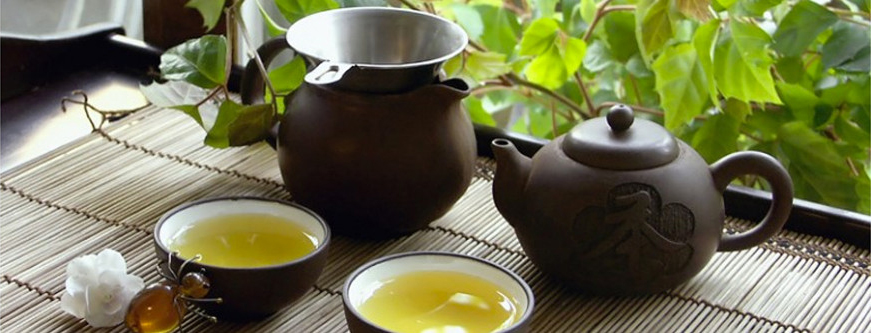
TIBB
Tibb is a tradition of health who’s synthesis was in the crucible of the Middle East, and integrates elements from Egypt, India, China and classical Greece.
TIBB is an Arabic word which in different places of the world has been referred to as Arabic, Greco-Arab, Hikma, Unani, Oriental and Eastern medicine.
Some of the most illustrious names such as Ar-Razi of Persia, Ibn Al-Baytar of Andalusia, Spain are associated with the traditions of TIBB.
Mianmodes of Cairo, Egypt and Ibn Sina (Avicenna) were practitioners and teachers of TIBB. Today, TIBB continues to provide relief for millions of people in India, Pakistan, Bangladesh, Afghanistan, Malaysia, various parts of Middle East and Europe

Wholesome and Balance
TIBB is a body of knowledge and practice which maintains health and endeavours to restore it when lost. Health is a purposeful condition of attidal-dynamic balance, in which, all functions are carried out in a correct and almaha-whole manner.
The concept of wholeness and balance permeates the philosophy, principal and practice of TIBB. Once, the condition of wholeness and balance was a norm for most human beings. However, as people and societies moved away from ‘fithra’ – natural pattern, disharmony and disease increased.
Tibb in the West
There are three type of professional within TIBB.
Hakim, a consultant physician, Tabib, a physician and Mualliaj, a practitioner.
Each physician within the tradition of TIBB works with the whole person while attempting to locate the locus of any given disease. The imbalance may be located within one or more of the four levels; physical, emotional, mental or spiritual. Depending upon the individual patients Mizaj – constitution, type and level of imbalance – the physician can use one or more of the techniques or modalities to restore order and balance.
Treatment
On the physical level he may select massage, manipulation or cupping. This me be complemented with subtle changes in diet and supported by simple or complex remedies from a rich materia medica, mostly from plants and minerals. If necessary, and appropriate, the physician can use Naffisiyat – holistic psychotherapeutic measures to balance the inner dimensions of emotions or thoughts. If there is a spiritual imbalance, then the Hakim my use Ruhaniyat – logotherapy – to harmonize the Ruh, the core of a human being.
Tibb in the UK
The role of TIBB practitioners in the UK is a very important one. It has become more so in the past 20 years as there clearly is, a need for the public as a whole, to be aware of and to utilise traditional or complimentary systems of treatment and health care. The use and acceptance of a range of therapies and health care traditions is an encouraging sign. Hence, we feel that as practitioners of a tradition dating back to antiquity, we need to provide another perspective to an aching humanity and are, ideally placed to do so.